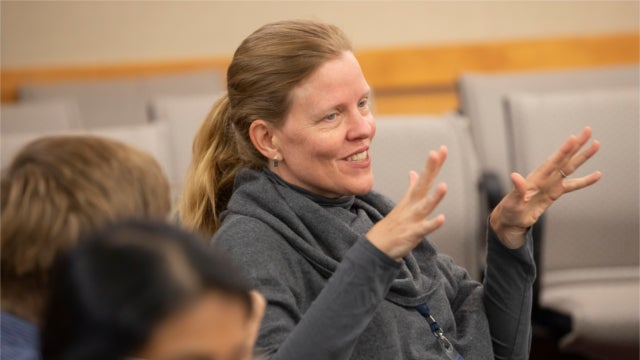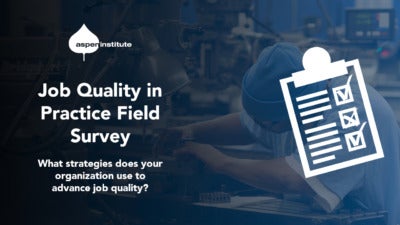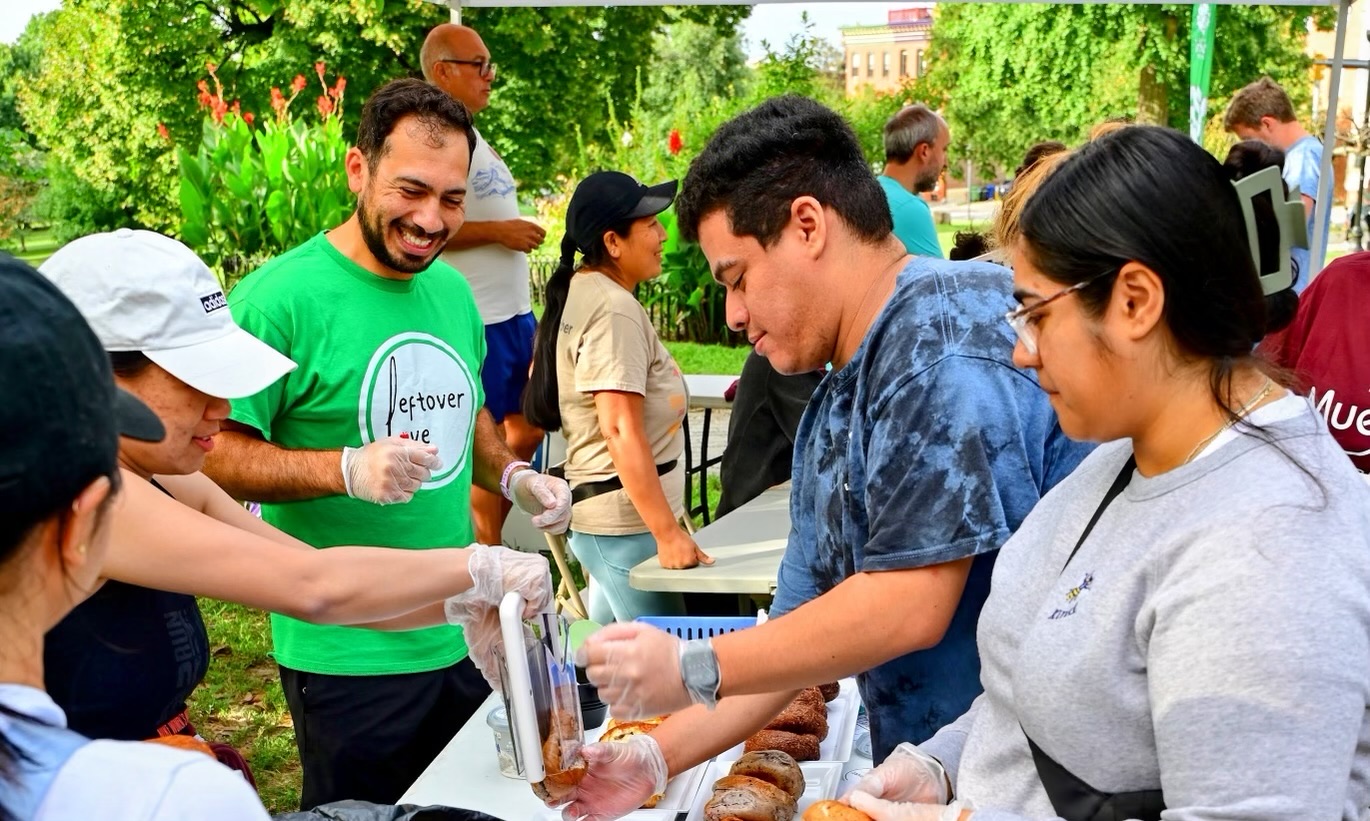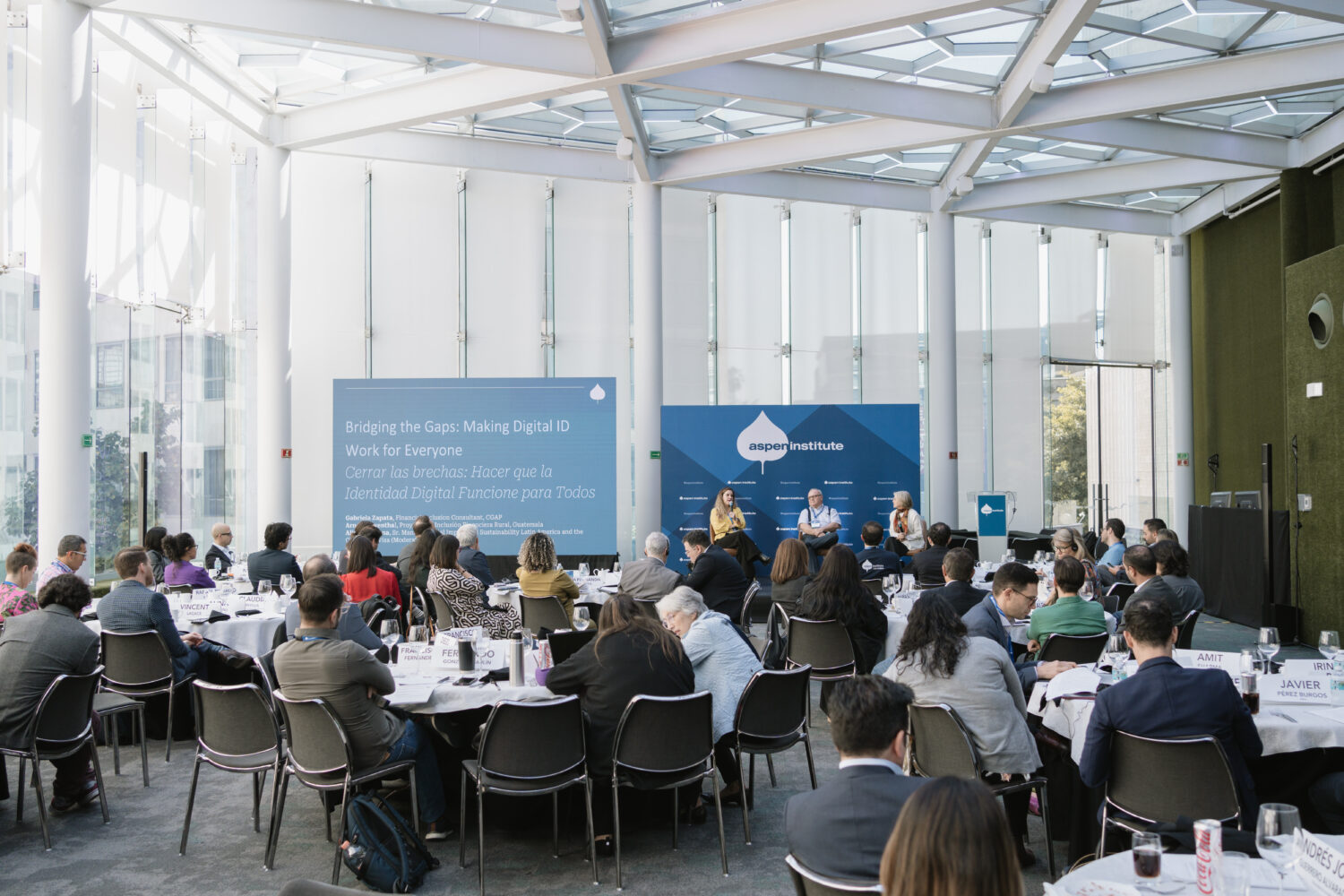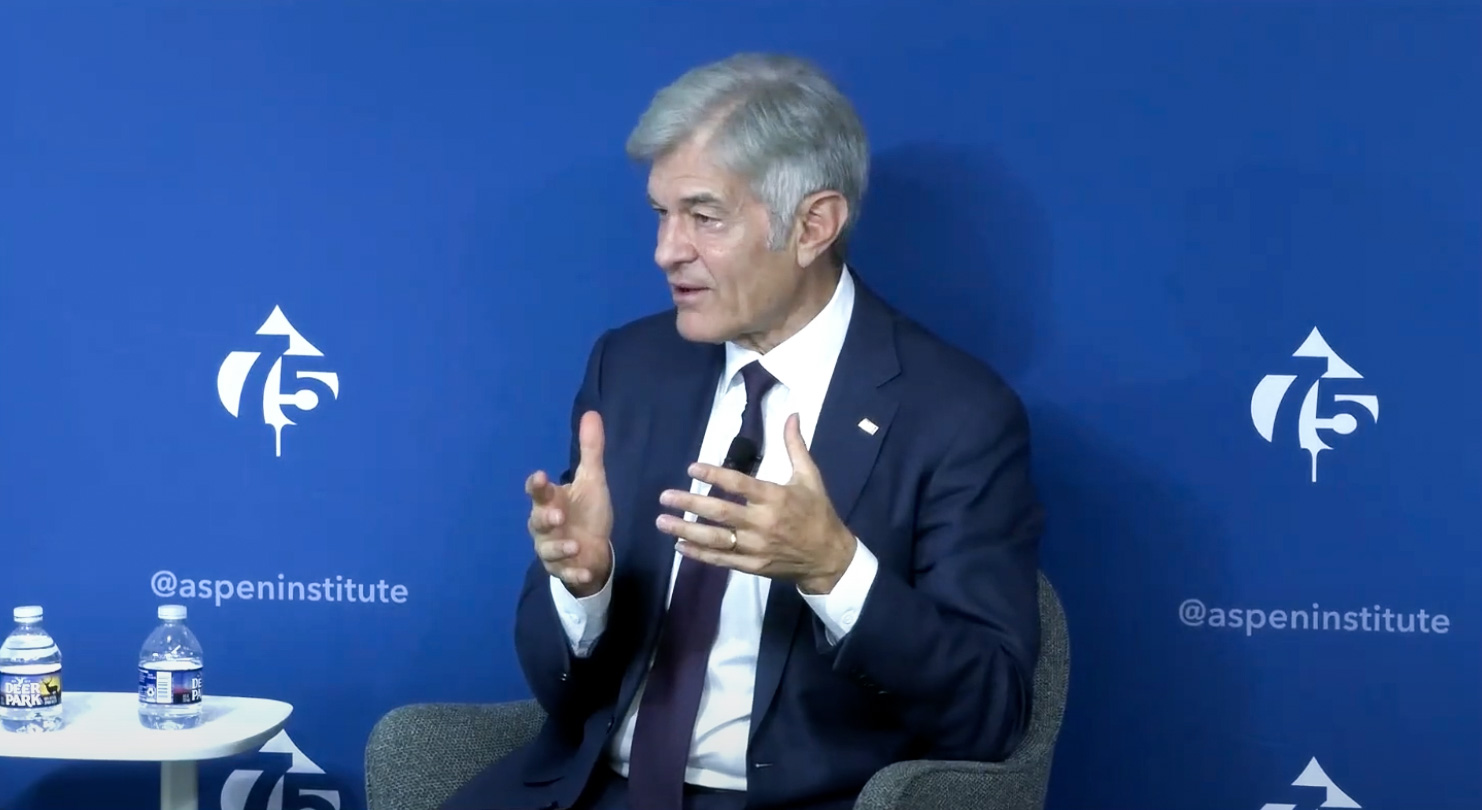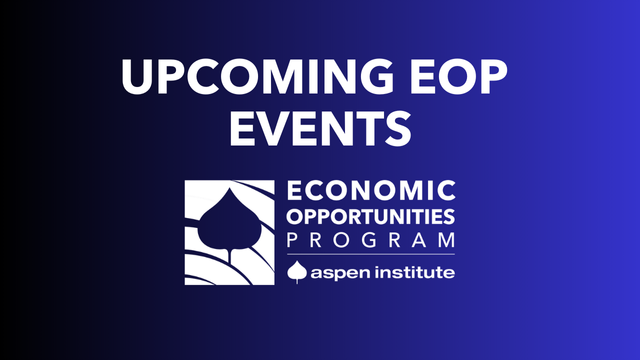Co-Founder, Project Equity
Project Equity advances employee ownership as a strategy for strengthening job quality and building wealth in local communities. The nonprofit organization works to raise awareness of the benefits of employee ownership and supports businesses to transition to one of several broad-based employee ownership models. Through its Thrive Program, Project Equity also supports new employee-owners to build strong organizational cultures and good jobs within their companies.
Co-Founder Alison Lingane works to encourage business and community leaders to pursue employee ownership as a strategy that keeps businesses in local communities and has broad benefits for employees. “Baby boomers, who own over 2 million businesses with employees, are nearing retirement – often without a plan for transferring ownership of their company,” says Lingane. “An estimated one in six workers are employed by baby boomers, and their jobs are at risk if the companies close or consolidate.”
At Project Equity, Lingane and co-founder Hilary Abell are helping business owners to transition to employee ownership, including supporting the sale of their business. They also partner with municipalities – currently Berkeley, Long Beach and several others in California – to promote employee ownership as a succession option for business owners that helps their cities retain small businesses and jobs.
Once the transition to employee ownership is finalized, Project Equity works with new employee-owners to foster strong workplace cultures and improve job quality within their companies. Research has shown that employee ownership is associated with higher job quality compared to peer firms that are not employee owned – particularly when paired with participatory workplace cultures. A recent study by the National Center for Employee Ownership found that employee-owners have higher median income from wages, greater access to an array of benefits, and lower turnover compared to workers in peer firms that are not employee-owned. “This is a model in which employees make business decisions through the lens of what is good for them, their families and their communities, and have opportunities to build wealth,” says Lingane.
Supporting New Employee-Owners to Advance Job Quality
All employee-owners that work with Project Equity take part in the organization’s Thrive program. Through Thrive, Project Equity provides two years of post-transition support to help new employee-owners build strong organizational cultures and strengthen workers’ financial resilience. Employee-owners create a “job quality commitment,” assessing their business’ current job quality and setting goals for improvement across three dimensions – workplace environment, worker voice and agency, and financial stability.
“We target businesses in industries like manufacturing, logistics and shipping, solar installation, and the construction trades that generally offer modest wages, but hold opportunities to enhance working conditions and employee earnings if converted to employee ownership,” says Lingane. Through its approach, Project Equity is able to reach workers who disproportionately bear the burden of low wages, unstable jobs, and rising housing costs.
Currently, Project Equity is launching a strategic partnership with a national community development financial institution, Shared Capital Cooperative, to finance the transitions of businesses it works with to employee ownership; together they have raised an initial $4 million capital investment to finance these transactions. Project Equity is also incorporating several job quality indicators to measure the success of businesses they work with that convert to employee ownership, including wages, benefits, and sense of agency in the workplace. “We hope, over the years, for our approach to become a learning laboratory for understanding job quality priorities for workers in small businesses,” says Lingane.
Share
TweetAt @projectequity, #JobQuality Fellow Alison Lingane shows businesses how employee ownership can strengthen job quality and build wealth in the community.Tweet“We have this concept of ‘working poor’ in our lexicon. It’s an oxymoron, and it’s shameful that people who are working a full-time job cannot make ends meet.” -Alison Lingane (@projectequity), #JobQuality FellowTweetOur economy needs more quality jobs. Learn how leaders like Alison Lingane of @projectequity are innovating to boost opportunity in communities across the country.
Learn more
is a member of the Job Quality Fellowship, Class of 2018-19. The Job Quality Fellowship is a project of the Aspen Institute Economic Opportunities Program.
Learn how the Economic Opportunities Program is helping low- and moderate-income Americans connect to and thrive in a changing economy. Follow us on social media and join our mailing list to stay up-to-date on publications, blog posts, and other announcements.

